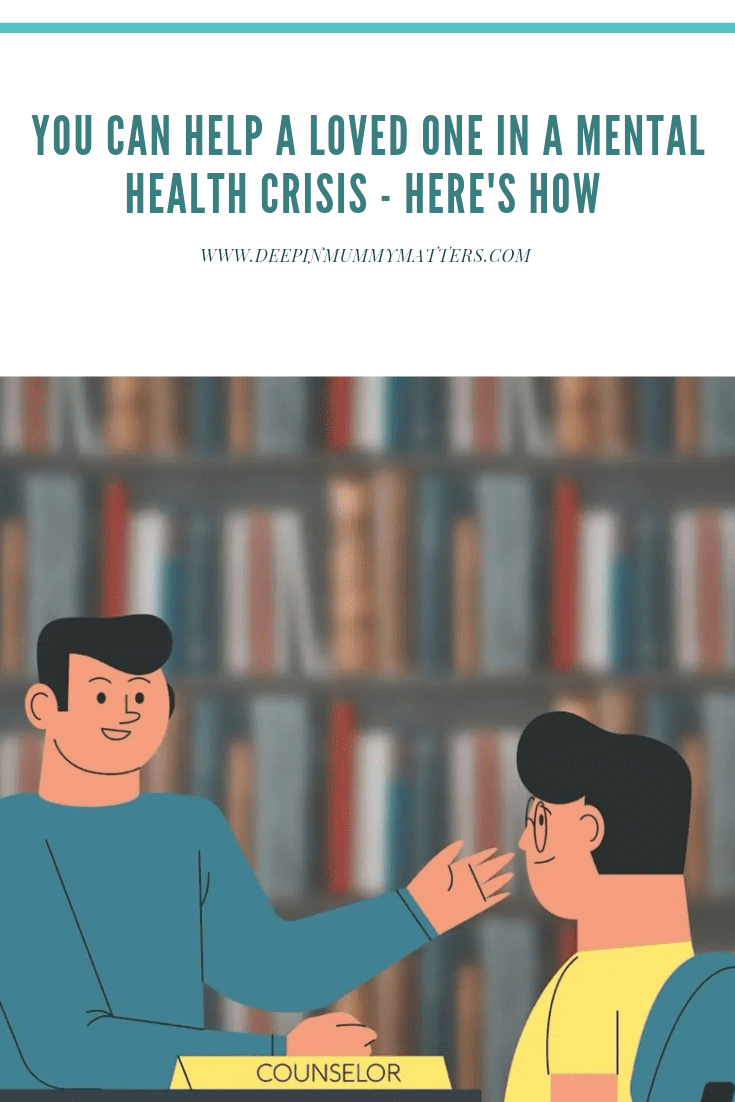Are you worried about a loved one going through a tough time? If you have a loved one experiencing a mental health crisis, it can be difficult to know what to do. You may feel scared, helpless, or unsure of where to turn. Fortunately, there are things you can do to help. This article will discuss some ways you can support your loved one during a mental health crisis. We will also provide tips for coping with the situation yourself. Let’s get started.
Hire Personalized Services
One way to help a loved one in a mental health crisis is to hire personalized services. This could include hiring a professional caregiver, therapist, or psychiatric service dog. With personalized mental health care, you can enjoy the much-needed support and care for your loved one. If you are not sure where to start, many resources are available online or through your local community.
When choosing personalized services, it is important to consider the type of care your loved one needs, how much you can afford, and the level of care you are comfortable with. It would be best to communicate openly with the service provider about your expectations and concerns.
Create a Supportive Environment
One of the best ways to help a loved one in a mental health crisis is to create a supportive environment. This means creating an emotionally and physically safe space for your loved one. It also includes providing practical support, such as assisting with meals or transportation. You can also provide emotional support by listening to your loved ones, offering encouragement, and being there for them.
When you create a supportive environment, it is important to be patient and understand that your loved ones may not be able to do everything they normally do. It is also important to respect their privacy and boundaries. If possible, you should try to involve other family members and friends in the support process.
Provide Information and Resources
If you want to help a loved one in a mental health crisis, it is important to provide information and resources. This includes knowing where to find mental health services, access financial assistance, and what community resources are available. You can also provide information about coping with a mental health crisis and what warning signs to look out for.
You can find information and resources online, on social media, through your local community, or through mental health professionals. Ensure that you consider the needs of your loved one. You should also make sure that your information is accurate and up-to-date.
Seek For a Private Rehabilitation
Did you know that there are private rehabilitation centers that deal with mental health patients? You should seek one as it will help your loved ones get the necessary and proper care they need. The environment is also secluded from all of the negativity in the outside world, providing a safe place for them to recover.
When looking for a private rehabilitation center, consider the cost, location, and reputation. You should also ensure that the center is accredited and has a good track record. These centers are usually expensive, but they are the best when handling complicated mental cases.
Join a Support Group
If you are struggling to cope with your loved one’s mental health crisis, you may want to consider joining a support group. This can be an invaluable resource for sharing information, receiving support, and connecting with others who have similar experiences. There are many different types of support groups available, so you should be able to find one that meets your needs.
When choosing a support group, it is important to consider the size, location, and focus. You should also make sure that the group is run by qualified professionals. Some support groups are free, while others may charge a fee. Find one that you are comfortable with and that you feel will be helpful.
Always Lend an Ear
If you notice a loved one is going through a tough time, be there for them. Listen to what they have to say and offer your support. Just being there for someone can make all the difference in the world.
Always lend an ear to their needs, be it a shoulder to cry on or just someone to talk to, and you’ll help them immensely. For instance, just by being a good listener, you can help them work through their problems and make progress in managing their mental health.
If you want to help a loved one in a mental health crisis, there are many things you can do.
Creating a supportive environment, providing information and resources, and joining a support group are helpful ways to assist. Remember to always lend an ear and be there for your loved ones when they need you the most. You can also seek professional help from private rehabilitation centers. Do what you can to help your loved ones through their mental health crisis and provide the support they need to recover.


